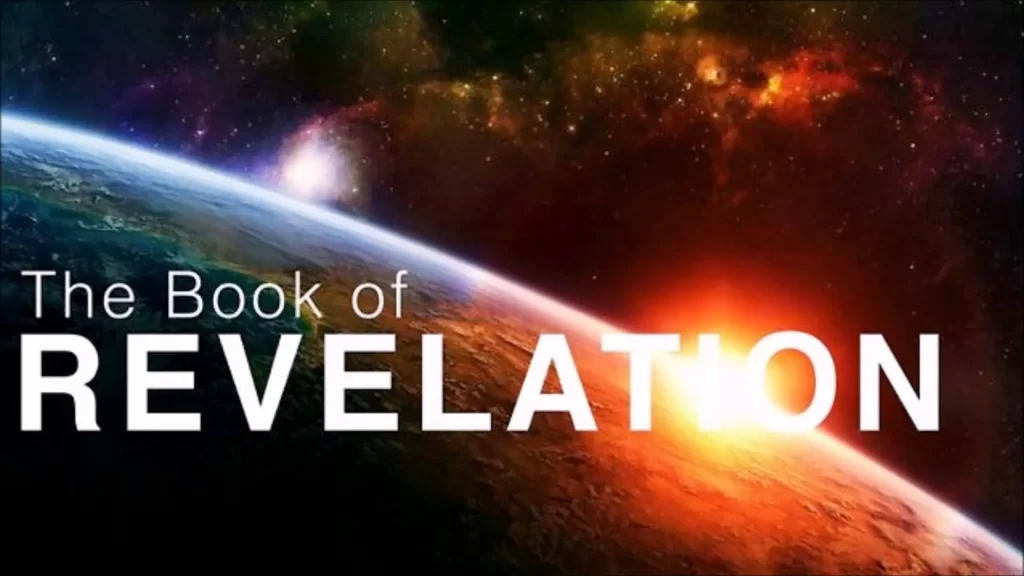Tonight we are beginning our study of Revelation. We will be discussing apocalyptic writings similar to Revelation and be looking at portions of Isaiah 6, Ezekiel 1, Joel 2:30, Daniel 7-12, Zacheriah 1-6, The War Scroll, Mark 13, and Ephesians 6:10-20. If you have the opportunity today, please read these other writings.
Although the focus of our study will be on how Revelation speaks to us today, we have to begin with Revelation within its historical context.
Historical Context of Revelation:
In studying the historical context of Revelation, we must go back to the centuries before Jesus. In the second century BC, Rome had prevailed in the Punic Wars against Carthage. The victory greatly expanded the Roman Republic, but this expansion brought disorder. Through the first century BC, Rome experienced turmoil and violence as various warlords and dictators sought control of the Republic. Into this instability, Julius Ceaser came to power in 49 B.C. He was assassinated five years later. The post-Julian struggle for hegemony lasted until the Battle of Actium in 31 BC when Octavius (Caesar’s appointed successor) defeated Mark Anthony (Ceasar’s chief general).
Upon his victory, Octavius took the name of Caesar Augustus. In Greek, “Augustus” was translated as sebastos which means “to worship” or “to stand in awe of.” His full Greek title being Theos Sabastos Kaiser – God Worshipful King. This title was passed down to his successors. To keep the peace and unity in the empire, everyone (except for Jews, mostly) was required to swear by Ceasar’s divinity, burn a pinch of incense in front of his statute, and simply state that “Ceasar is Lord.” Afterward, a person could worship any god they wished, so long as their first allegiance was to the Roman Empire and its Caesar. (Jews were granted a dispensation to simply say prayers for the emperor to their God.)
In 81AD, Domitian becomes emperor. He suffered from a somewhat inferiority complex because of his less-than-noble lineage. As a result, he began a renewed emphasis on emperor worship. To make an example of non-compliant subjects, Domitian came after Christians specifically since he knew that most would not make the required worship of the emperor. Domitian hoped his persecution of Christians would bring others into line.
It is into this circumstance that John writes. He is writing to a frightened people who are facing exile (as he had been) or death itself simply for not performing a somewhat innocuous civil ceremony. Domitian did not care if someone was a Christian so long as they pledged allegiance to Caesar. He simply demanded compliance with a civil ritual. John, however, wants to encourage his flock to stand firm in their faith. He wants them to worship Christ first and not give in to the cult of emperor worship. He needs to assure them that victory lay with Christ and not with Caesar. Therefore it is only Christ, and not Caesar, who is to be worshipped. For John, there can only be one God Worshipful King – a man who was crucified in Jerusalem rather than the man who sits on the throne in Rome. Revelation is his teaching.
Dinner is at 6:30. The menu is chicken potato casserole. Discussion about 6:45. Hope to see you here!
You shall worship the Lord your God
Matthew 4:10 (quoting Deut. 6:13, 1 Sam. 7:3)
And him only shall you serve.

